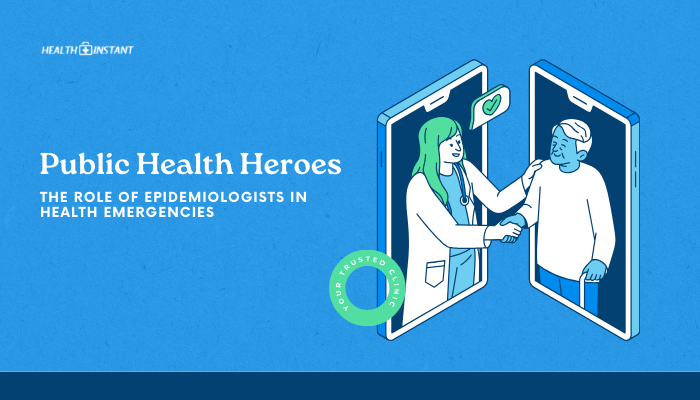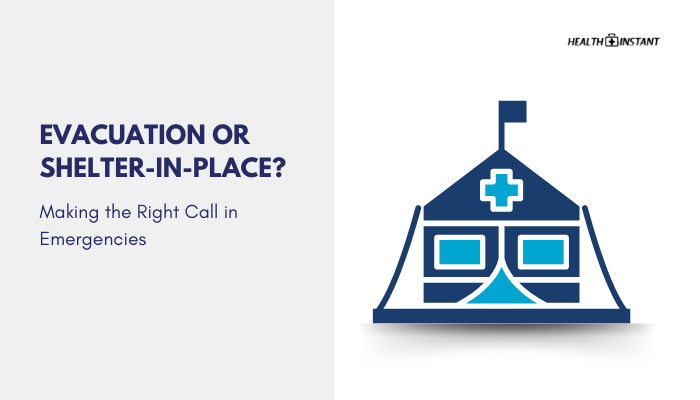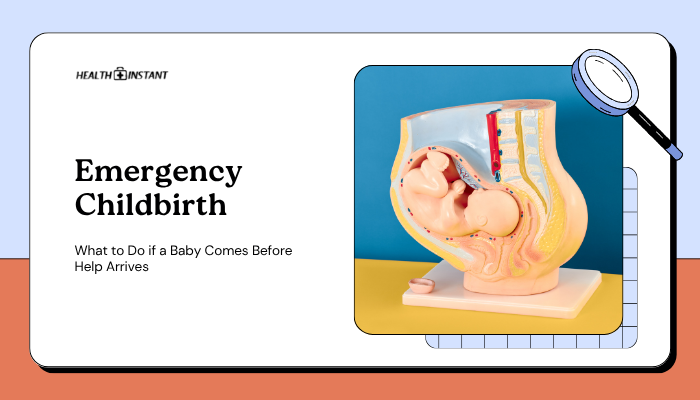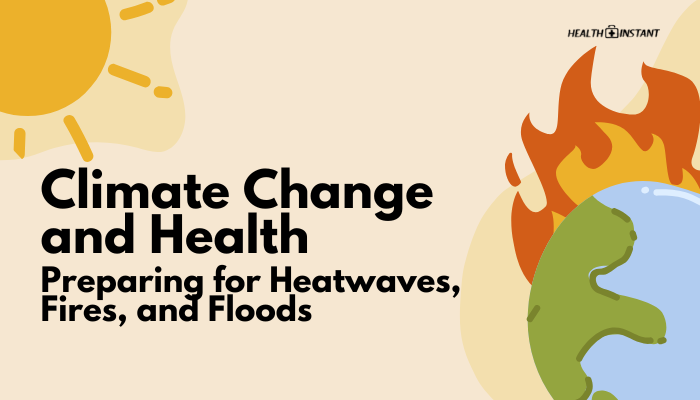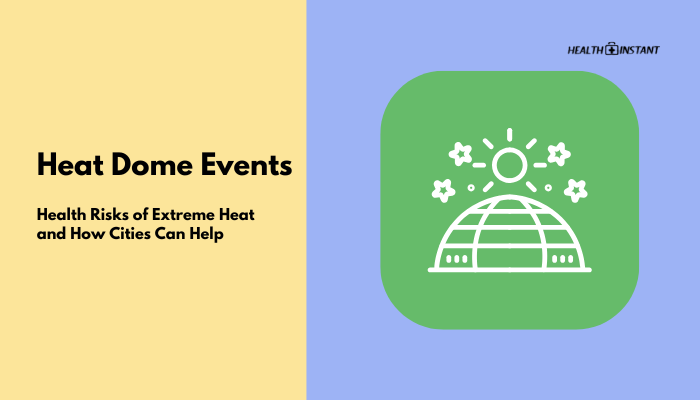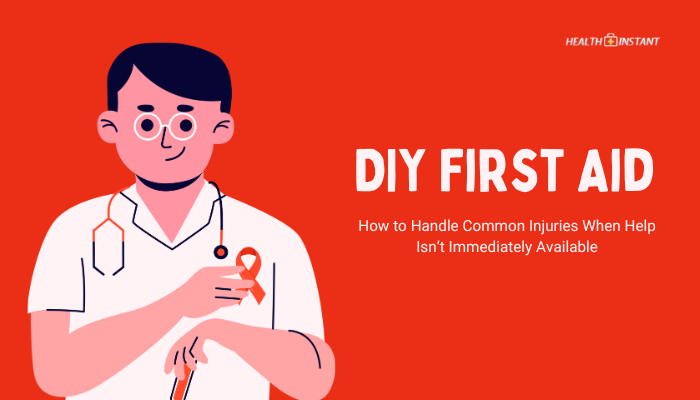Introduction
From the early days of cholera mapping in London by John Snow to modern global surveillance of viral outbreaks, epidemiologists have proven themselves vital in identifying disease patterns, containing threats, and saving lives.
During a public health emergency, they stand on the front lines of data collection, analysis, and implementation of strategies to protect communities. This article delves into who epidemiologists are, what they do, and why their contributions matter, especially in times of crisis.
Who Are Epidemiologists?
Epidemiologists are public health professionals trained to investigate the distribution and determinants of health events in populations. In simpler terms:
- They look for patterns: Where an outbreak starts, who’s most affected, and how it spreads.
- They assess causes and risk factors: Identifying behaviors or exposures that increase or reduce disease likelihood.
- They recommend interventions: Whether it’s vaccinations, policy changes, or public behavior adjustments.
Their ultimate goal is to curb disease transmission, champion prevention strategies, and reduce health disparities.
What Epidemiologists Do in Health Crises
Disease Detection and Surveillance
- Monitoring Trends
- Collecting real-time data on infection rates, hospitalizations, or mortality.
- Collecting real-time data on infection rates, hospitalizations, or mortality.
- Early Warning
- Noting unusual spikes in disease incidence can prompt targeted response, like quarantines or health advisories.
Data Analysis and Modeling
- Mapping Disease Spread
- Using statistical models, they anticipate hotspots or future surges.
- Using statistical models, they anticipate hotspots or future surges.
- Forecasting
- Predicting how interventions (e.g., lockdowns or mass testing) might alter an outbreak’s trajectory.
Risk Communication
- Turning Complex Data Into Clear Messages
- Advising health agencies or governments on findings, so they can inform the public effectively.
- Advising health agencies or governments on findings, so they can inform the public effectively.
- Guiding Personal Behavior
- Encouraging or discouraging certain activities, such as wearing masks or social distancing, based on evidence.
Policy and Public Health Recommendations
- Targeting Interventions
- E.g., which neighborhoods should get vaccinations first or which gatherings to restrict.
- E.g., which neighborhoods should get vaccinations first or which gatherings to restrict.
- Cross-Sector Collaboration
- Working with environmental, veterinary, or government bodies if diseases come from animals or environmental sources.
Key Tools and Techniques
Contact Tracing
- Finding Exposures
- Interviewing infected individuals, identifying close contacts, instructing them to isolate or get tested.
- Interviewing infected individuals, identifying close contacts, instructing them to isolate or get tested.
- Digital Aids
- Some use apps or phone data to track infection chains.
Field Investigations
- On-Site Research
- Travel to outbreak zones, collecting samples or interviewing patients, healthcare staff, or local leaders.
- Travel to outbreak zones, collecting samples or interviewing patients, healthcare staff, or local leaders.
- Cluster and Case-Control Studies
- Examine similarities or differences among infected vs. non-infected groups.
Laboratory Collaborations
- Genetic Sequencing
- Checking pathogen strains to see how it evolves or spreads across regions.
- Checking pathogen strains to see how it evolves or spreads across regions.
- Serosurveys
- Testing blood samples for antibodies, determining if people were previously infected.
Epidemiologists in Action: Real-World Examples
SARS and COVID-19
- Rapid Response
- Epidemiologists played a vital role in identifying the virus’s reproduction rate and figuring out community measures like masking.
- Epidemiologists played a vital role in identifying the virus’s reproduction rate and figuring out community measures like masking.
- Ongoing Surveillance
- Tracking variants or surges, supporting vaccination distribution policy.
Ebola Outbreaks
- Contact Tracing
- Key in West Africa crises, ensuring each new case’s contacts quarantined to break the chain.
- Key in West Africa crises, ensuring each new case’s contacts quarantined to break the chain.
- Community Engagement
- Collaboration with local cultural practices to safely handle burials.
Seasonal Influenza Tracking
- Annual Monitoring
- Projecting flu severity each season, updating vaccine strains.
- Projecting flu severity each season, updating vaccine strains.
- Global Collaboration
- WHO influenza labs share data, ensuring a coordinated approach to potential pandemics.
- WHO influenza labs share data, ensuring a coordinated approach to potential pandemics.
Becoming an Epidemiologist
Typically, aspiring epidemiologists:
- Earn a bachelor’s in health sciences, biology, or statistics.
- Pursue advanced degrees (MPH, PhD) with specialized training in epidemiological methods.
- Undergo practical field experience, often working with public health departments or research centers.
The field demands strong analytical, critical thinking, and communication skills.
Why Their Work Matters More Than Ever
- Emerging Pathogens
- Global travel, climate change, and urbanization facilitate novel viruses or bacteria.
- Global travel, climate change, and urbanization facilitate novel viruses or bacteria.
- Rapid Responses
- Timely epidemiological input speeds development of vaccines, treatments, and policy.
- Timely epidemiological input speeds development of vaccines, treatments, and policy.
- Data-Driven Interventions
- Real-time modeling fosters targeted containment—benefiting local communities and the global population.
- Real-time modeling fosters targeted containment—benefiting local communities and the global population.
Conclusion
Epidemiologists stand at the intersection of science, society, and strategy—collecting data, analyzing trends, and championing public health interventions. Their role in identifying the roots of disease outbreaks, informing risk communications, and shaping policy ensures communities have the knowledge and tools to stay healthy and safe.
Amid modern health challenges—from pandemics to localized outbreaks—epidemiologists remain indispensable guardians of global well-being, illustrating why they truly are “public health heroes.”
References
- Centers for Disease Control and Prevention (CDC). (2021). Principles of epidemiology in public health practice.
- World Health Organization (WHO). (2020). The role of epidemiologists in pandemic response.
- American Public Health Association (APHA). (2019). Careers in epidemiology overview.
- Johns Hopkins Bloomberg School of Public Health. (2018). The future of epidemiology: data and innovation.
Disclaimer: This guide is for educational purposes only. Specific protocols may differ by region or health agency directives. Always follow professional or governmental guidance in real outbreak scenarios.

